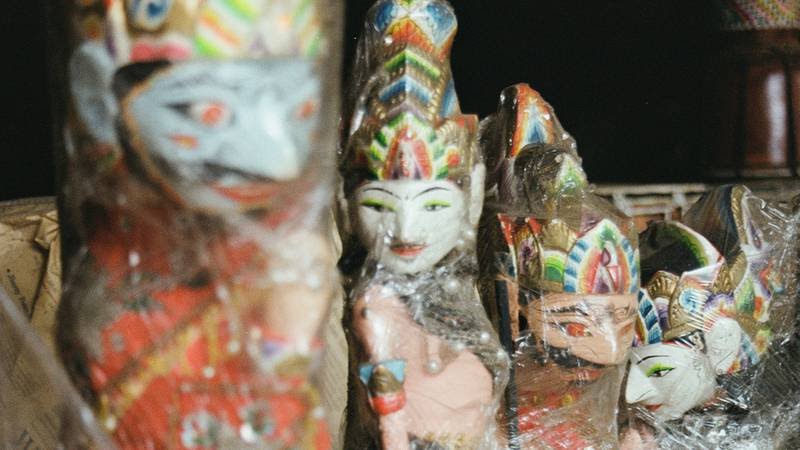In the heart of Bali and Jakarta, tourists are captivated by the age-old art of Wayang shadow puppetry. Dating back a thousand years, this cherished Indonesian performance art uses leather or wooden puppets manipulated behind a lit screen to narrate tales from both Hindu and Islamic traditions. While it remains a popular attraction for visitors today, Wayang holds a deeper historical significance in Indonesia.
It’s believed that Wayang shadow puppets played a pivotal role in the country’s conversion from Hinduism to Islam. This cultural transformation led Indonesia to become the world’s most populous Muslim nation, with over 240 million adherents to Islam across the sprawling archipelago. As tourists witness these mesmerizing puppetry performances, they are also witnessing a living piece of Indonesia’s rich history, where art and religion intertwined to shape the nation’s identity.






